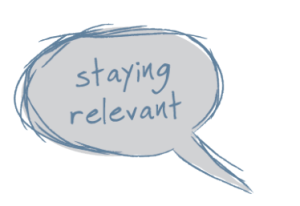 Our whole understanding of innovation is changing; there are numerous shifts occurring.
Our whole understanding of innovation is changing; there are numerous shifts occurring.
We are opening up our thinking about where and with whom, to collaborate.
We are evaluating and changing our existing focus from closed (internal orientation) into one that is having a far more open stance. We are searching for more collaborative innovation (external orientation) combining external partners into more ‘collective thinking’.
The shifts taking place are offering us the promise of “extra acceleration” that is needed to improve our innovation performances from concept to market delivery. Or, we hope it is!
Collaborative innovation is also leading us to higher chances of achieving greater impact and success, as nearly all novel ideas lay are mostly outside the organization’s domain of understanding. We need to always bring the knowledge inside and build from it.
As we increasingly include the customer and their more exacting needs within our understanding, these multiple collaborations and dialogues are building this better internal understanding to align our innovation with specific opportunities, relevancy and needs.
Continue reading “Opening up our innovation to stay relevant”

